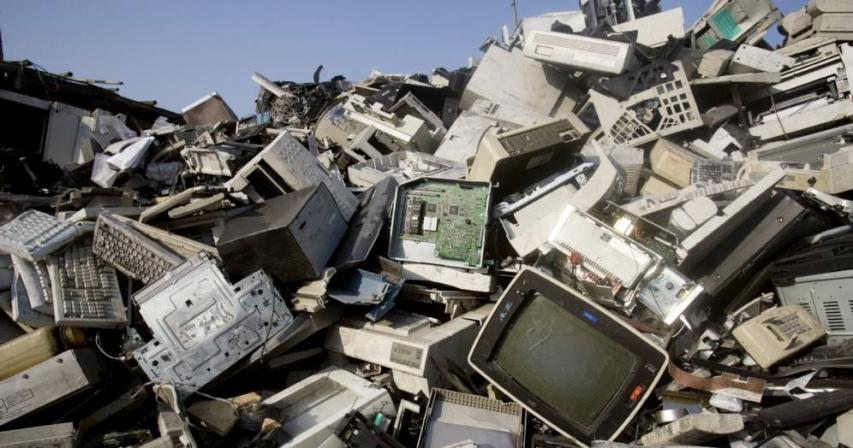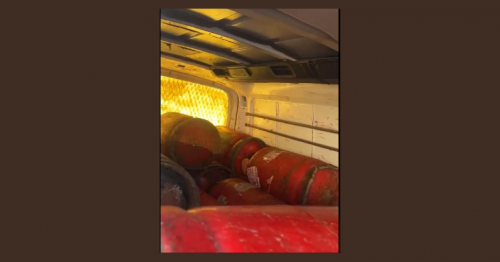One tonne of e-waste collected by Dubai free zones

In what can be dubbed as an excellent move, Dubai Internet City (DIC) and Dubai Science Park (DSP) have tied up to recall the e-waste collection and will be extended support by Uber and Averda.
The campaign this year was also extended to the Dubai Media City (DMC) and was aimed to promote the recycling all the audio and video products namely radio and televisions sets as well as music players.
According to the numbers which was released after the two-day campaign, nearly one tonne of electronic waste, which amounted to 161 items was recovered by 40 Uber drivers.
Executive director of Dubai Internet City, Ammar Al Malik, informed in a press release: “As a leading business community specialised in technology, it is our duty to raise awareness on the significance of recycling and its positive impact on our society. We are proud of our successful campaign that has helped offset our environmental footprint and aim to continue implementing such collaborative environment-friendly initiatives to facilitate the UAE’s digital transformation”.
Apart from the above statement, Marwan Abdul Aziz Janahi who is the managing director of Dubai Science Park, also acknowledged the fact in a statement: “Recycling and waste management play an extremely important role in the global environment conservation and sustainability drive. As a key contributor to Dubai’s vision of becoming a global green leader, Dubai Science Park is committed to providing the infrastructure and support services needed to translate this ambition into reality. We are pleased with the outcome of the second edition of our campaign and the participation of our community. In addition, the inclusion of Dubai Media City has enabled us to expand the range of retired electronics covered”.
If the report released by the United Nations University is to be believed, the global volume of e-waste has been predicted to rise to 52.2 million metric tonnes in 2021, which is up from 44.7 million tonnes in 2016.
By: Manish





Comments